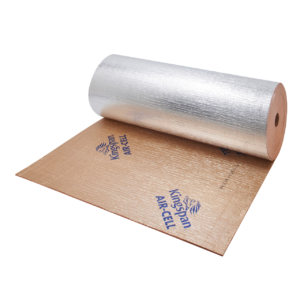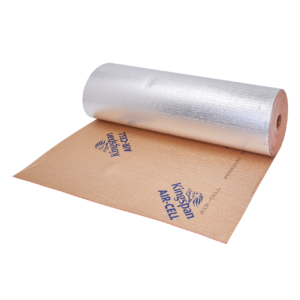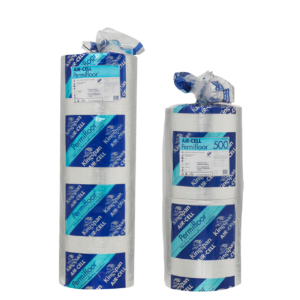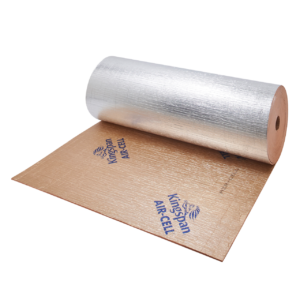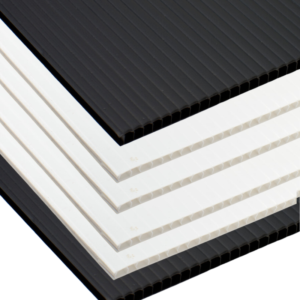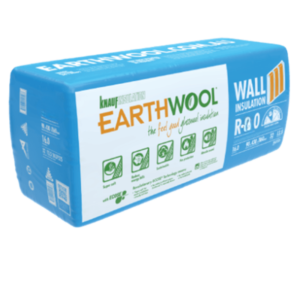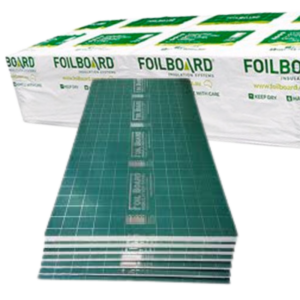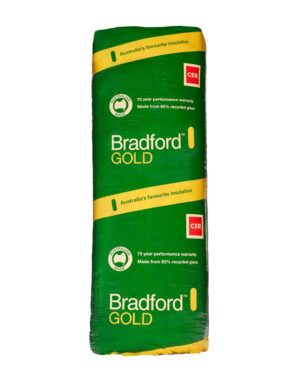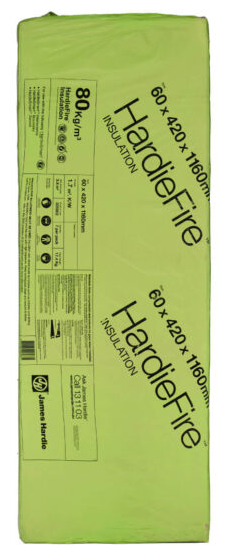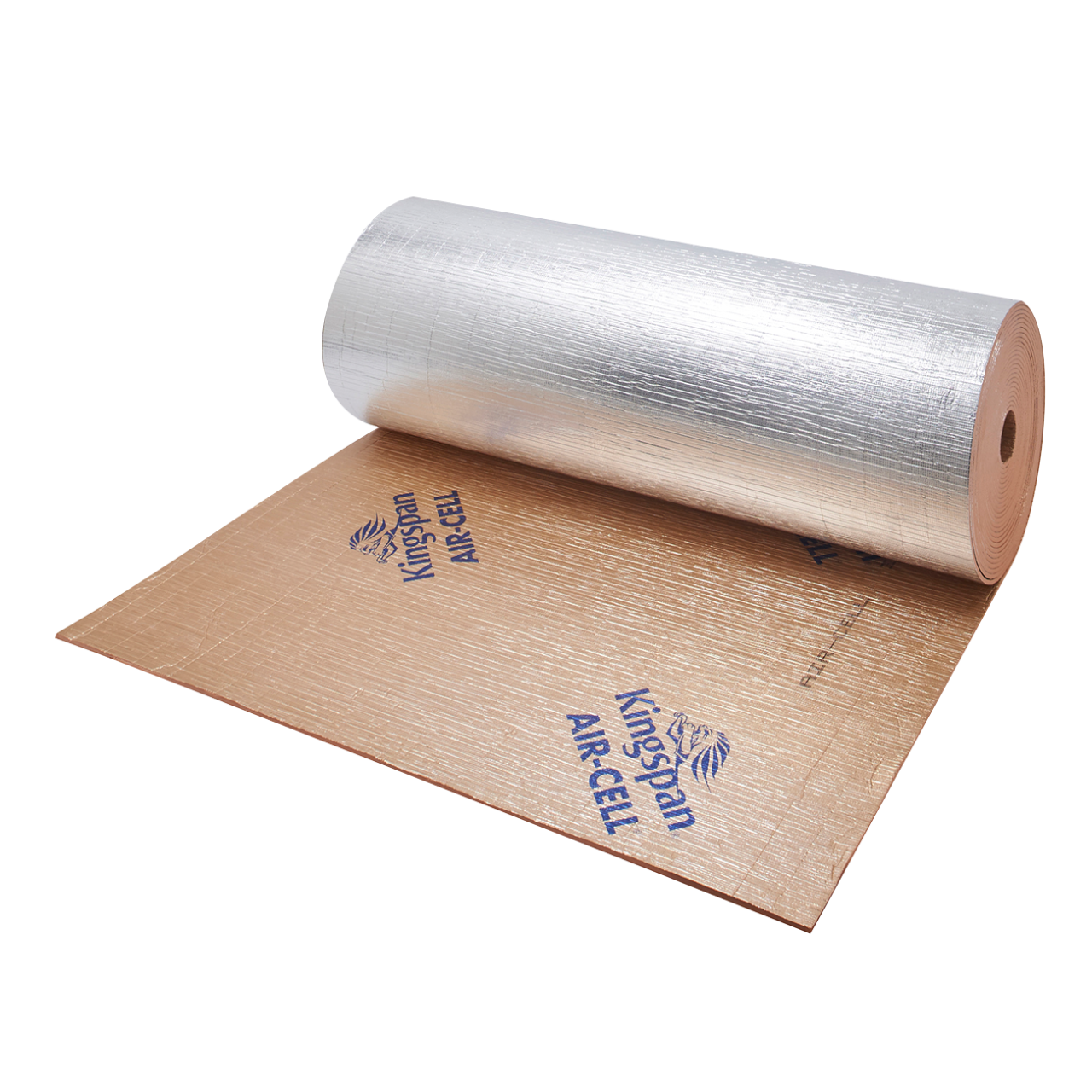What is Thermal Insulation?
Thermal insulation is a material or combination of materials that reduces the transfer of heat between two surfaces. In simpler terms, it helps to keep heat inside during the colder months and outside during the warmer months. This is achieved by creating a barrier that slows down the movement of heat through conduction, convection, and radiation.
Types of Thermal Insulation
There are several types of thermal insulation, including:
- Batt insulation: This type of insulation is made of fiberglass or mineral wool and comes in pre-cut panels or rolls. It is commonly used in walls, attics, and floors.
- Blown-in insulation: This type of insulation is made of loose fibers or pellets and is blown into walls, attics, and floors using special equipment.
- Spray foam insulation: This type of insulation is made of polyurethane and is sprayed onto surfaces, creating a tight seal.
- Rigid board insulation: This type of insulation is made of foam or fiberglass and comes in rigid panels. It is commonly used in walls, roofs, and foundations.
- Reflective insulation: This type of insulation is made of aluminum foil and is used to reflect heat away from a surface.
Factors to Consider When Choosing Thermal Insulation
When choosing the right thermal insulation for your home or building, there are a few factors to consider:
- R-value: This is a metric that quantifies the insulation’s capacity to impede the transfer of heat. The higher the R-value, the better the insulation.
- Material: Different materials have different R-values and may be better suited for certain areas of your home or building.
- Installation method: Some types of insulation require professional installation, while others can be easily installed by homeowners.
- Cost: The cost of insulation varies depending on the type and amount needed.
Why is Thermal Insulation Important?
Energy Efficiency
One of the main reasons why thermal insulation is important is its impact on energy efficiency. Without proper insulation, heat can easily escape through walls, floors, and roofs, causing your heating and cooling systems to work harder and use more energy. This not only leads to higher energy bills but also contributes to environmental issues such as greenhouse gas emissions.
By properly insulating your home or building, you can reduce your energy consumption and save money on utility bills. In fact, the Department of Energy estimates that homeowners can save up to 20% on heating and cooling costs by properly insulating their homes.
Comfort
Thermal insulation also plays a crucial role in maintaining a comfortable living or working space. Without insulation, heat can easily escape during the colder months, making your home or building feel drafty and uncomfortable. On the other hand, during the warmer months, heat can easily enter, making it difficult to keep your space cool and comfortable.
By properly insulating your home or building, you can maintain a consistent and comfortable temperature year-round, making it a more enjoyable place to live or work.
Noise Reduction
In addition to regulating temperature, thermal insulation can also help reduce noise levels. Insulation acts as a barrier to sound, reducing the amount of noise that enters or leaves your home or building. This can be especially beneficial for those living in noisy areas or for buildings located near busy roads or airports.
Protection Against Moisture and Mold
Proper thermal insulation can also help protect your home or building against moisture and mold. Insulation helps to create a barrier between the interior and exterior of your home, preventing moisture from entering and causing damage. This is especially important in areas with high humidity levels or prone to flooding.
Additionally, insulation can help regulate the temperature and humidity levels in your home, reducing the risk of mold growth. Mold can not only cause damage to your home but also pose health risks to those living or working in the space.
The Importance of Thermal Insulation in Different Areas of Your Home or Building
Walls
Walls are one of the main areas where heat can escape or enter a home or building. Proper insulation in walls can help regulate temperature, reduce energy consumption, and provide noise reduction. Batt insulation, blown-in insulation, and rigid board insulation are all commonly used in walls.
Attics
Attics are another area where heat can easily escape or enter a home or building. Insulating your attic can help regulate temperature, reduce energy consumption, and prevent moisture and mold growth. Batt insulation, blown-in insulation, and rigid board insulation are all commonly used in attics.
Floors
Insulating floors can help regulate temperature, reduce energy consumption, and provide noise reduction. It can also help prevent moisture and mold growth in areas such as basements. Batt insulation, blown-in insulation, and rigid board insulation are all commonly used in floors.
Roofs
Insulating your roof can help regulate temperature, reduce energy consumption, and prevent moisture and mold growth. It can also help protect against damage from extreme weather conditions. Batt insulation, blown-in insulation, and rigid board insulation are all commonly used in roofs.
The Importance of Proper Installation
Proper installation of thermal insulation is crucial for its effectiveness. If insulation is not installed correctly, it can leave gaps and voids, reducing its ability to regulate temperature and provide other benefits. It can also lead to moisture and mold issues.
It is recommended to hire a professional to install insulation, as they have the knowledge and experience to ensure proper installation. However, if you choose to install insulation yourself, be sure to carefully follow the manufacturer’s instructions and take all necessary safety precautions.
Conclusion
In conclusion, thermal insulation is a crucial aspect of maintaining a comfortable and energy-efficient home or building. It helps regulate temperature, reduce energy consumption, provide noise reduction, and protect against moisture and mold. By choosing the right type of insulation and ensuring proper installation, you can reap the many benefits of thermal insulation and create a more comfortable and cost-effective living or working space.
